Connected Cars Face A Growing Risk Of Cybercriminals
Sundar Pichai - Oct 01, 2019
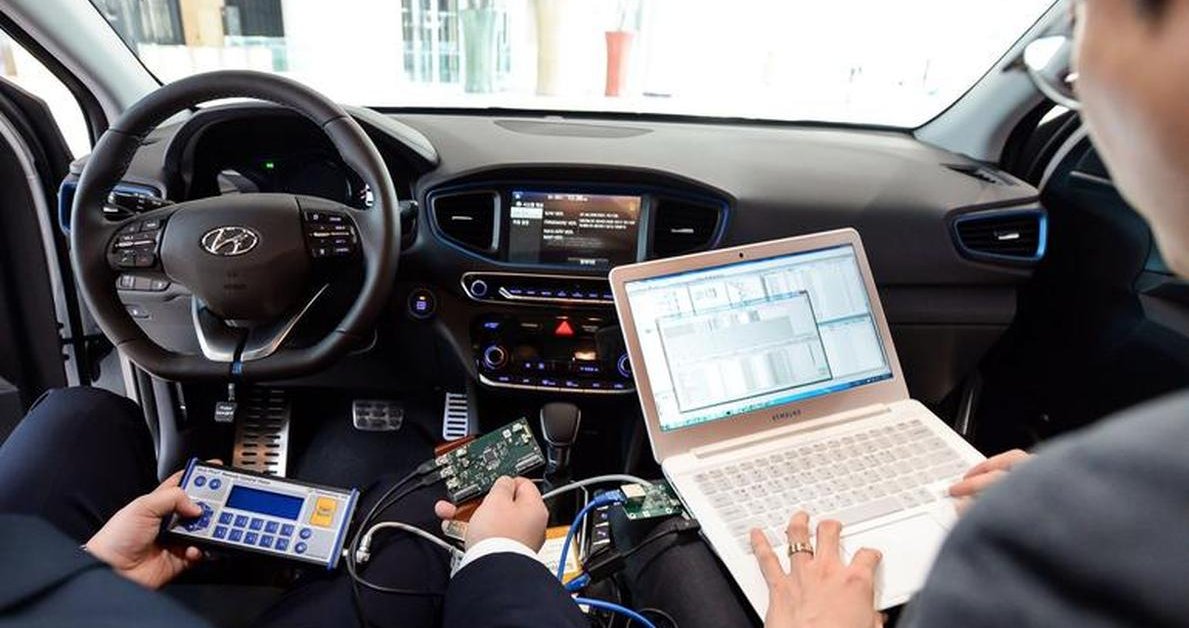
Since all functions of a connected car are controlled via a single mobile application, hackers can easily break into them then take control of the entire system.
- How 30 Lines Of Code Destroy A 27-Ton Generator
- Chinese Hackers Conducted 40,000 Cyber Attacks On India In Just 5 Days
- Hackers Tried To Break Into WHO, Are They Trying To Stop Us From Fighting COVID-19?
The term “connected cars” is gaining more attention in recent times, which refers to cars that have their connection to the internet, usually via WLAN. With connectivity, the vehicle possesses the ability to share broadband with others, facilitating communication between cars, with the dealership, and with emergency services.
Widely, connected cars have been integrated with more advanced technologies like augmented reality (AR), computer vision, or virtual reality (VR) and so on. Such technologies have brought out a far better user experience, however, these additional facilities are posing a growing threat of cyberattacks to cars’ users all over the world.
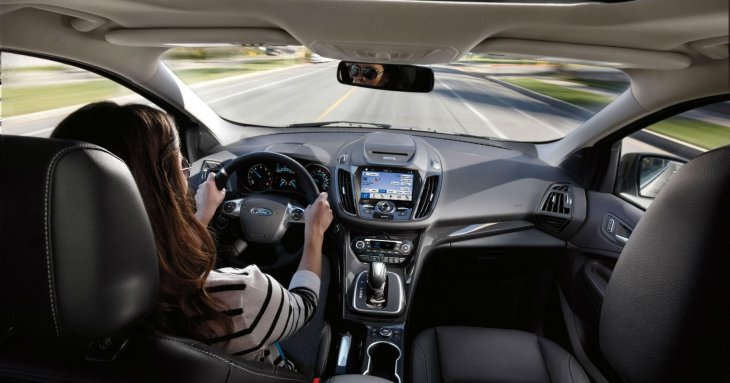
Previous Cases And Studies
In 2016, a vulnerability was found in the NissanConnect EV app, which led to some attackers manipulating a Nissan Leaf car. Following the event, the brand had to shut down several functionalities while it fixed the loopholes. Earlier this year, vehicle-sharing service Car2Go lost control of more than 70 vehicles as a result of fraudulent activity, as announced by the Financial Times.
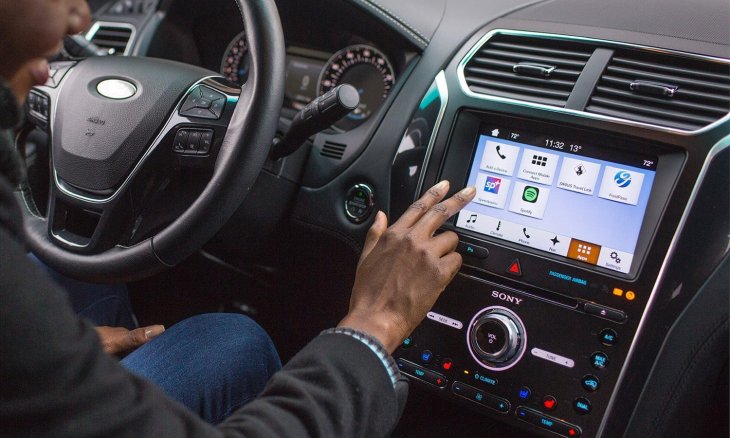
“The number is growing,” says Dan Sahar, vice-president at Upstream Security. In the first half of 2019, there recorded 71 incidents of car cyberattacks, as compared with 73 for the whole of a year ago (according to data from Upstream). A study carried out by Georgia Institute of Technology reveals that connected cars will possibly create huge problems for the transportation infrastructure. Specifically, by taking control of merely 20% of total connected vehicles during rush hour, attackers will have the capability of freezing traffic in such a big city as Manhattan.

Why Hackers Target Connected Cars
The reason behind the possibility of hacking into connected cars is that each car owns a single central system without offering a car key. Usually, connected cars provide a variety of features, including remote control over car ignition or sunroof, door lock, and more. Since all functions are activated via a single mobile application, hackers can utilize one component to easily intrude the other, thus taking control of the entire car.
Apart from that, the increasing amount of user data available on the servers makes connected cars the “goldmine” for attackers. Data ranging from contacts, emails, as well as ID numbers to the tracking information of drivers has increased the incentives for malicious activities.
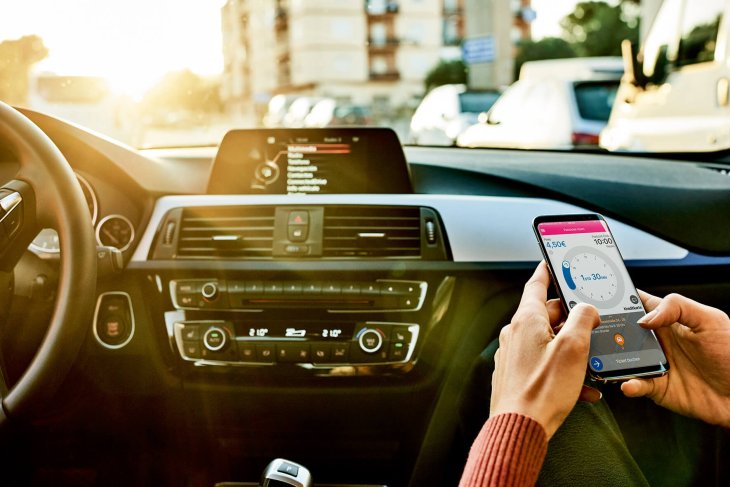
How Hackers Break Into A Connected Car
In term of methods, most of the time, hackers attempt to inject certain malicious code into the system of a car, which includes an operating system, firmware, or back-end infrastructure. Although such activity can be conducted remotely, major successful incidents happen within close proximity to the cars’ appliances.
Since connected cars are usually keyless, hackers are able to block users outside or inside the car, then execute an attack called "key fob hacking." Obviously, the car will reject any form of communication when it's under control of attackers. The final purpose of these malicious activities is usually to require a ransom.
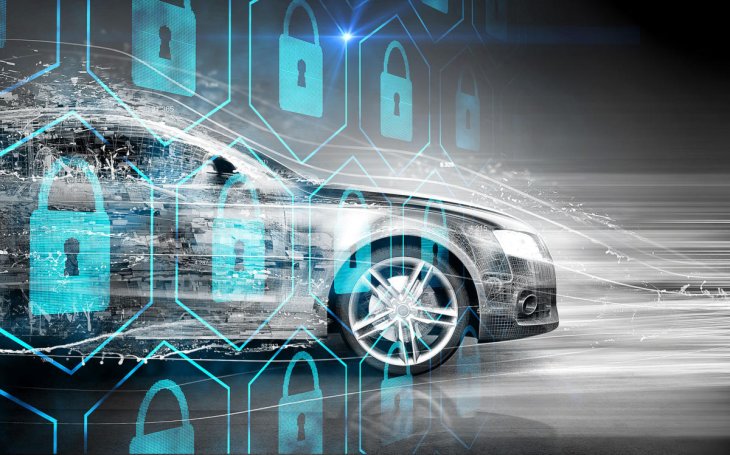
However, this type of attacks is considered difficult to keep track of. Once fraudsters succeed in injecting the malicious code, they can also intrude the controller area network (CAN), thus taking over sub-systems such as audio or antilock brakes. In the meantime, the automotive industry currently has a very complicated and diverse supply chain as most of the components derive from multiple third-party companies, consisting of software, communication protocols, and also applications.
Featured Stories

Features - Jan 29, 2026
Permanently Deleting Your Instagram Account: A Complete Step-by-Step Tutorial

Features - Jul 01, 2025
What Are The Fastest Passenger Vehicles Ever Created?

Features - Jun 25, 2025
Japan Hydrogen Breakthrough: Scientists Crack the Clean Energy Code with...

ICT News - Jun 25, 2025
AI Intimidation Tactics: CEOs Turn Flawed Technology Into Employee Fear Machine

Review - Jun 25, 2025
Windows 11 Problems: Is Microsoft's "Best" OS Actually Getting Worse?

Features - Jun 22, 2025
Telegram Founder Pavel Durov Plans to Split $14 Billion Fortune Among 106 Children

ICT News - Jun 22, 2025
Neuralink Telepathy Chip Enables Quadriplegic Rob Greiner to Control Games with...

Features - Jun 21, 2025
This Over $100 Bottle Has Nothing But Fresh Air Inside

Features - Jun 18, 2025
Best Mobile VPN Apps for Gaming 2025: Complete Guide

Features - Jun 18, 2025
A Math Formula Tells Us How Long Everything Will Live
Read more

ICT News- Feb 18, 2026
Google's Project Toscana: Elevating Pixel Face Unlock to Rival Apple's Face ID
As the smartphone landscape evolves, Google's push toward superior face unlock technology underscores its ambition to close the gap with Apple in user security and convenience.

Mobile- Feb 17, 2026
Anticipating the Samsung Galaxy S26 and S26+: Key Rumors and Specs
The Samsung Galaxy S26 series is on the horizon, sparking excitement among tech enthusiasts.

Mobile- Feb 16, 2026
Xiaomi Launches Affordable Tracker to Compete with Apple's AirTag
For users tired of ecosystem lock-in or high prices, the Xiaomi Tag represents a compelling, no-frills option that delivers core functionality at a fraction of the cost.
Comments
Sort by Newest | Popular